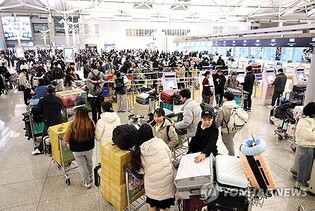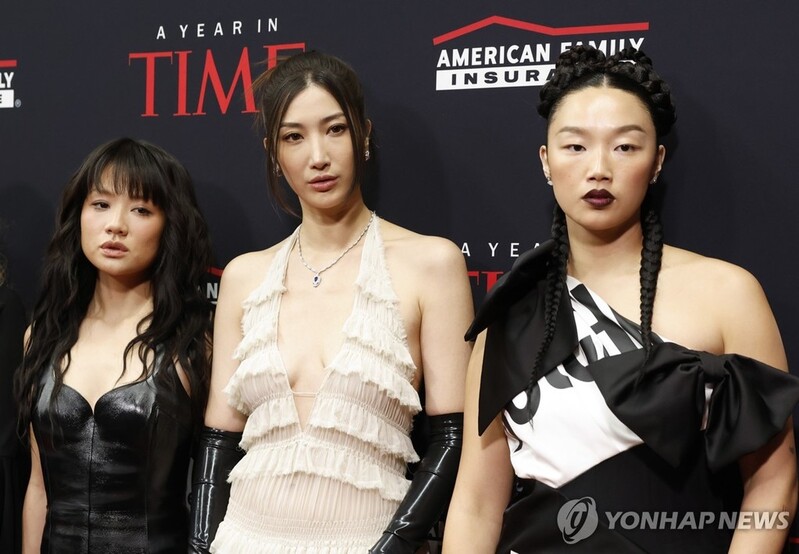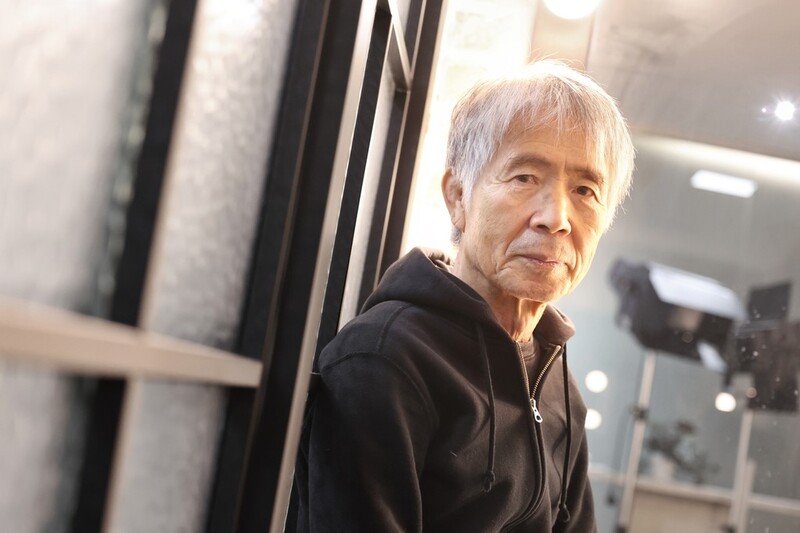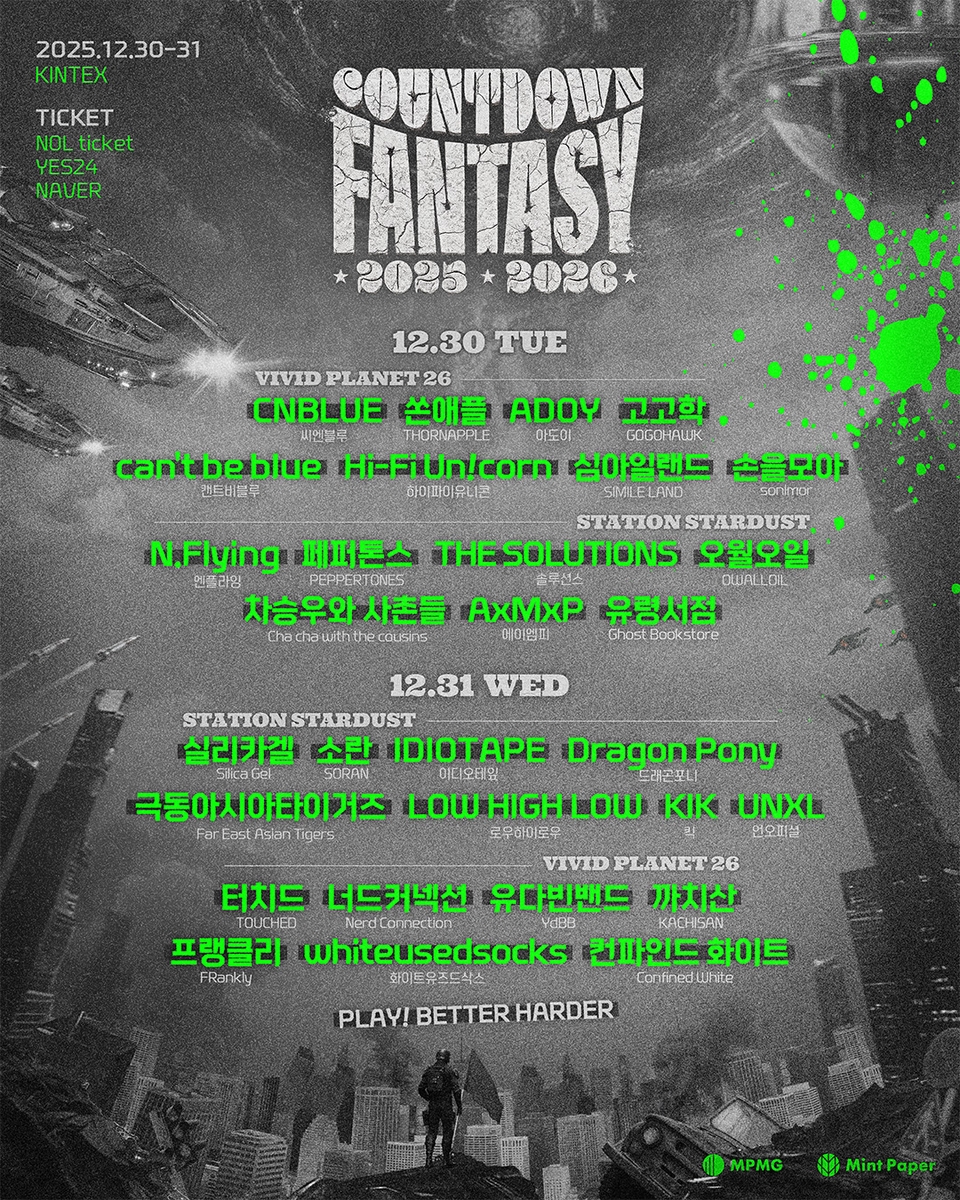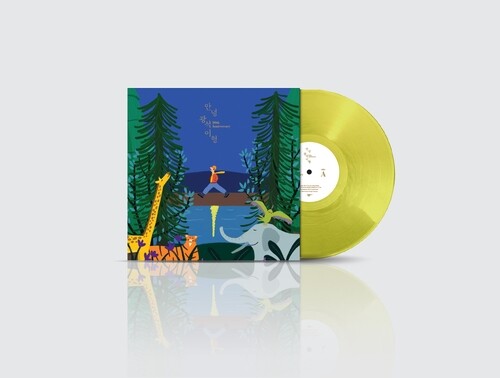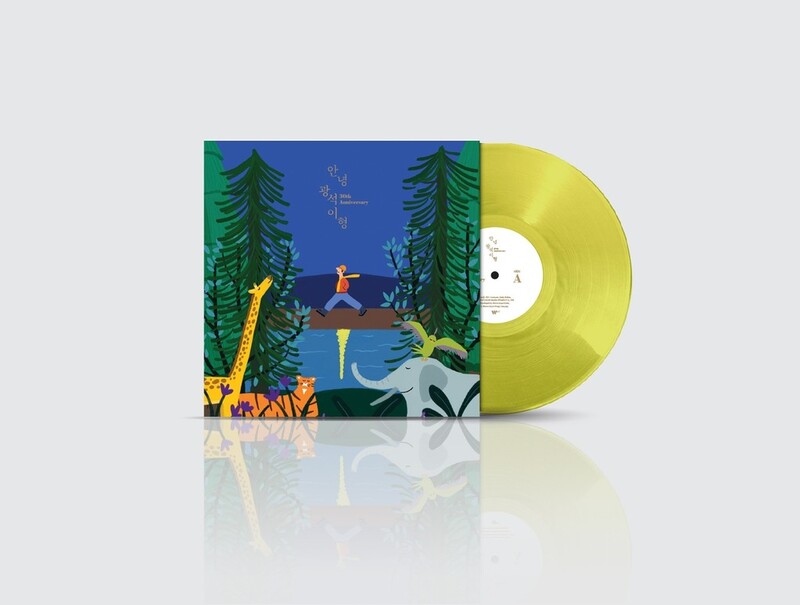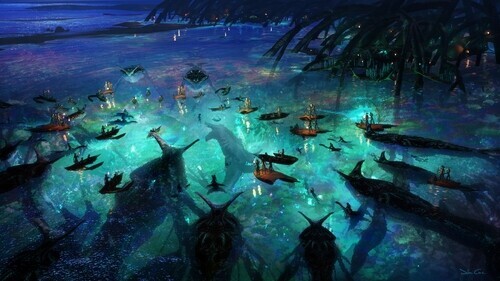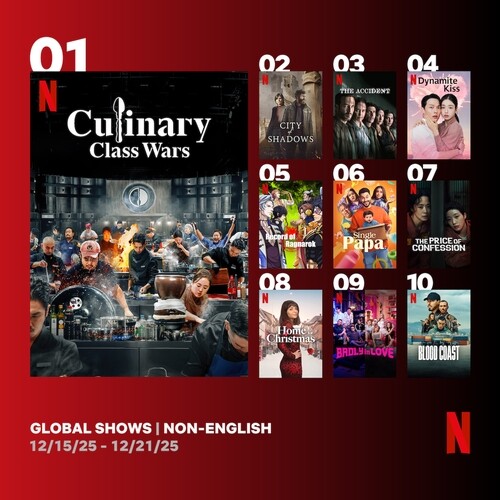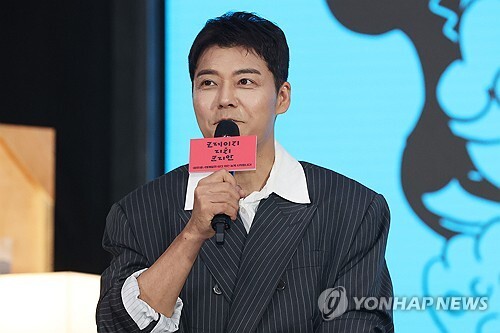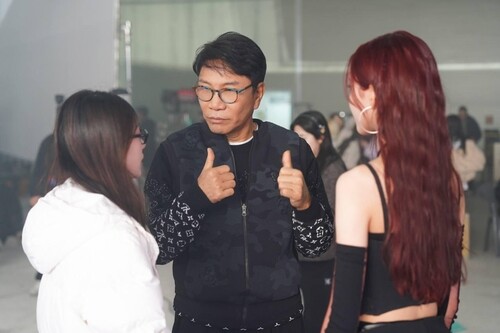 |
| ▲ This photo, provided by A2O Entertainment, shows the firm's key producer and visionary leader Lee Soo-man, the founder and former chief producer of SM Entertainment. (PHOTO NOT FOR SALE) (Yonhap) |
SEOUL, Feb. 3 (Yonhap) -- Lee Soo-man, key producer and visionary leader of A2O Entertainment, shared his thoughts on SM Entertainment, stating, "I always wish for its success."
The 73-year-old founder and former chief producer of SM Entertainment led the K-pop behemoth for 28 years.
In a written interview with Yonhap News on Monday, Lee said, "Isn't SM my name? (laughs) I also hope that our beloved artists (under SM) continue to thrive."
Lee founded SM Entertainment in February 1995, named after his own initials, and served as its chief producer until he sold his shares and departed in 2023. Under his leadership, SM grew into a leading K-pop agency.
However, the industry-wide battle for SM’s acquisition in February and March of 2023 became a major controversy and a widely discussed issue.
Lee, who had refrained from commenting on the matter, responded to a related question by saying, "That event (the SM acquisition battle) actually allowed me to move toward the future more quickly."
The following is a Q&A interview with Lee Soo-man.
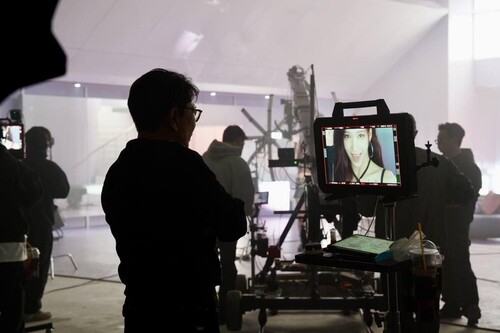 |
| ▲ This photo, provided by A2O Entertainment, shows the firm's key producer and visionary leader Lee Soo-man, the founder and former chief producer of SM Entertainment. (PHOTO NOT FOR SALE) (Yonhap) |
-- It has been two years since you left SM. How do you honestly feel about the company now?
▲ Isn't SM my name? Haha. I always wish for SM’s success, and I also hope that our beloved artists (under SM) continue to flourish. That event (the SM acquisition battle) actually became an opportunity for me to move toward the future more quickly. I am once again standing in the wilderness. Since I will continue working in global music, I believe I will meet SM artists again at the intersection of the sustainable world and music that I emphasize, creating great opportunities together.
-- It has been 25 years since the term "Hallyu" emerged following H.O.T.'s concert in Beijing in 2000, and SM is celebrating its 30th anniversary. What are your thoughts on this?
▲ When I founded SM in 1995 and sought to expand H.O.T. overseas, I said this: "If you dream alone, it remains just a dream, but if we all share the same dream, it becomes the start of a new future." At the time, Korean culture received little attention in the international community. American pop and Japanese J-pop dominated, and exporting our music seemed like nothing more than a "dream."
I made my debut in 1971, and seeing audiences go wild for concerts by famous foreign artists visiting Korea, I constantly pondered why our own music and artists could not enjoy such popularity overseas.
From this thought, I adopted the belief "Culture First, Economy Next"—the idea that cultural development leads to economic growth. I dedicated myself to making Hallyu a global movement, believing it could strengthen our nation. Over the past 30 years, our artists, composers, and employees at SM have worked together, running forward with excitement to achieve this. What started as a dream has come true for me, almost like a miracle.
-- SM was the first in K-pop to introduce many elements, including its stock market listing on KOSDAQ (2000), its YouTube channel (2009), its songwriting camp system (2009), central control of concert light sticks (2016), and online-exclusive concerts (2020).
▲ These were not things I accomplished alone. I am grateful to the employees who contributed ideas and to industry professionals. K-pop’s cheering methods, online concerts, and fan sing-alongs serve as powerful adhesives connecting people and cultures.
If I were to add one more thing, I would highlight "producing." The K-pop production system is uniquely ours and does not exist anywhere else in the world. It is a system where everything, from planning to performances, from the beginning to the end of an artist’s career, is strategically produced and introduced to the market.
-- Could you elaborate on the K-pop producing system?
▲ The producing system involves discovering rookies (trainees), training them for an extended period, and developing them into artists by releasing albums and music videos. This system essentially created a management industry that requires initial investment. I believe that K-pop was able to grow into a global industry because of this unique system.
As a singer and MC, I recognized the importance of music and entertainment, especially in major overseas markets. I realized that producing should cover all aspects, from gathering songs suitable for the global market to training singers who could perform them and even providing language education to prepare for overseas expansion.
After returning to Korea from studying in the U.S., I started my journey as a producer and named the systematic approach to cultural production "Culture Technology" (CT). I continued to refine this concept, ensuring that the organization functioned in a structured manner. CT became the fundamental operating system of SM, and in Korea, this method became a kind of logic that anyone could utilize. This became the driving force behind K-pop's growth.
-- It was striking when you said, "I'm moving toward the future" after parting ways with SM.
▲ While I am a musician who loves music, I also have a background in engineering, having earned a master's degree in computer engineering. Now, the world of artificial intelligence (AI) and the most advanced information technology (IT) in human history is unfolding before me. It feels like a dream come true.
K-pop has expanded worldwide, and now a technological era has emerged that can deepen its reach even further. It feels as though my musical journey is just beginning.
-- How do you think AI, which has sparked waves of innovation, will transform the music industry?
▲ AI will completely remove the barriers to music creation, which used to require years of learning, expensive equipment, and programming knowledge. Now, just by entering a prompt, AI can instantly generate a song. The era in which anyone can become a producer has arrived.
Children can now create music and content even without professional training. I am currently developing a platform called "Play2Create," where individuals can discover their own talents and create while having fun. My vision is for this platform to act as a school, guiding 12-to-16-year-olds in finding their path and making career decisions. We call this platform "A2O School."
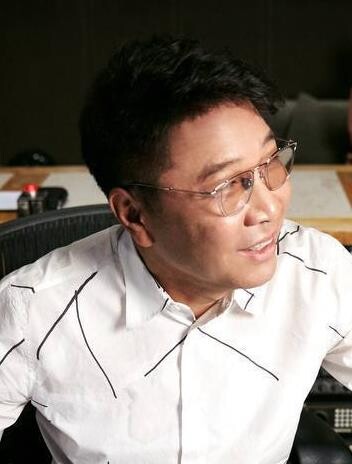 |
| ▲ This photo, provided by A2O Entertainment, shows the firm's key producer and visionary leader Lee Soo-man, the founder and former chief producer of SM Entertainment. (PHOTO NOT FOR SALE) (Yonhap) |
-- Can you share examples of how A2O is utilizing AI?
▲ A great example is "Hot One," a piece of content we released on the A2O YouTube channel. In the "Hot One" video, we generated various animation styles and used AI voices for our rookie artist SANSAN's song.
Chatbot technology has already become widely commercialized, but wouldn't it be even better if the chatbot were a celebrity? That’s exactly what we are preparing to introduce soon.
-- Many of the songs you've produced have featured futuristic themes, such as the metaverse and the online world. What new concepts or items are you currently focusing on?
▲ Celebrities and robots.
With digital devices and platforms deeply integrated into our daily lives, people around the world are now able to enjoy celebrity content almost simultaneously. The way people consume content will continue to diversify, making related businesses increasingly important.
And then, there are robots. Thanks to rapid advancements in AI, we will see the rise of numerous personalized avatars and robots. I am carefully considering how content and celebrities will connect in this robotic world and what kinds of communities will form around them.
I look forward to the day when a robotic version of an A2O celebrity knocks on your door. My master's thesis was titled "Robotic System with Computer Vision," and now, about 40 years later, it feels like that vision has become a reality.
-- You've also been deeply invested in environmental issues, such as tree planting.
▲ The Earth is sick. Over the past few years, I have campaigned for "carbon zero" and have actively participated in tree planting to raise awareness of its importance. While I have received support, there were also negative reactions from people who questioned the idea of celebrities planting trees.
However, tree planting is not about ensuring the sustainability of the entertainment industry or serving other interests. It is a desperate effort to delay the "countdown to Earth's destruction" that we all face.
I have always believed that celebrities, as both stars and members of society, should use their influence for good and contribute to the world. Sustainability applies not only to the entertainment industry but also to the personal lives of celebrities. Fans are evolving from simply supporting artists based on their singing, dancing, or looks to valuing their contributions to a healthier society and meaningful relationships.
This year, I will continue the carbon zero movement.
(C) Yonhap News Agency. All Rights Reserved











